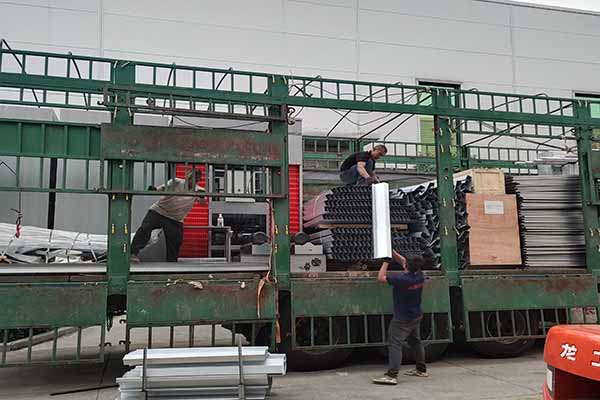Sustainable Chicken Farming Practices: A Comprehensive Guide for Success
Introduction to Sustainable Chicken Farming
Sustainable chicken farming practices are essential for ensuring a healthy environment, ethical treatment of animals, and financial viability for farmers. By adopting eco-friendly methods, chicken farmers can reduce their environmental footprint while maximizing their profits. In this article, we will explore key sustainable practices and their benefits.
1. Efficient Energy Use
Energy consumption is a significant factor in chicken farming. Implementing energy-efficient systems can lower costs and reduce carbon emissions. Here are some strategies:
- Utilize solar panels to power chicken coops and processing facilities.
- Install energy-efficient lighting and heating systems.
- Optimize the layout of the farm to reduce heating and cooling needs.
2. Natural Ventilation and Cooling
Providing natural ventilation and cooling options is crucial for animal welfare and farm efficiency. Here’s how to achieve this:
- Design chicken coops with adequate ventilation and shading.
- Implement water sprinklers to cool the environment during hot seasons.
- Use wind turbines to supplement natural airflow.
3. Waste Management
Chicken waste can be a significant environmental hazard if not managed properly. Here are some effective waste management practices:
- Compost chicken manure to produce organic fertilizer.
- Implement anaerobic digestion systems to convert waste into biogas.
- Use slurry separators to reduce the spread of pathogens.
4. Feed Efficiency
By ensuring that chickens are fed efficiently, farmers can reduce feed costs and environmental impact. Consider the following tips:
- Provide a balanced diet with high-quality feed ingredients.
- Monitor feed consumption and adjust rations as needed.
- Implement precision feeding systems to minimize waste.
5. Animal Welfare
Ethical treatment of chickens is vital for sustainable farming. Here’s how to promote animal welfare:
- Provide a comfortable living environment with proper space.
- Implement biosecurity measures to prevent disease outbreaks.
- Regularly monitor animal health and well-being.
6. Water Conservation
Water is a critical resource in chicken farming. Here are some water conservation strategies:
- Install rainwater harvesting systems to collect water for irrigation and cleaning.
- Use drought-resistant crops and efficient irrigation techniques.
- Monitor water usage and implement water-saving measures.
Conclusion
Adopting sustainable chicken farming practices is not only beneficial for the environment but also for the long-term success of your farm. By focusing on energy efficiency, waste management, feed efficiency, and animal welfare, you can create a sustainable and profitable chicken farming operation.
For more information on how to implement these practices on your farm, or to request a free design and equipment quote from LIVI Machinery, please leave a comment below or contact us directly.





